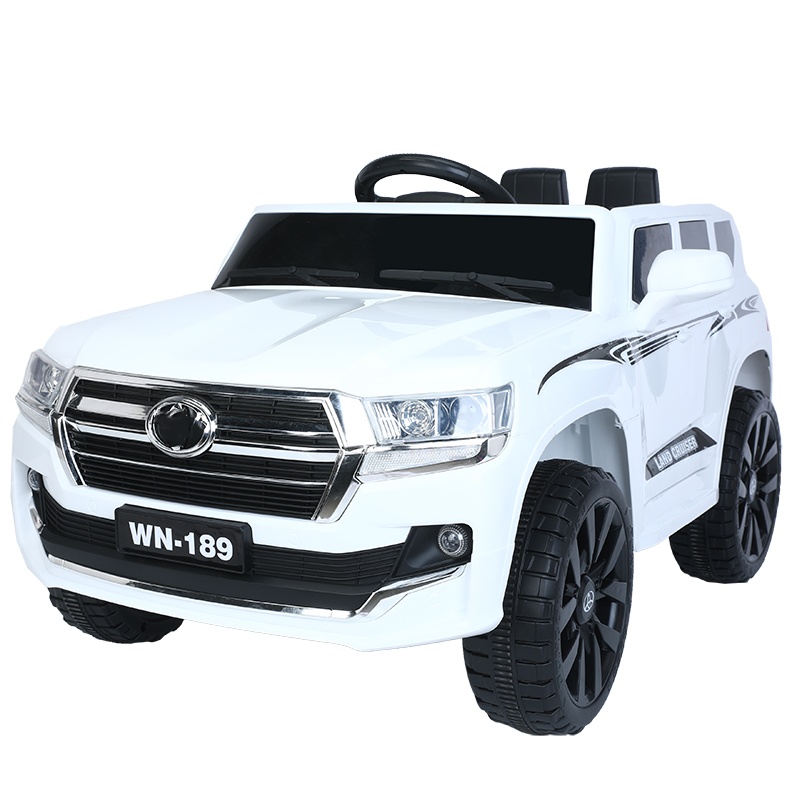3 or 4 wheel scooter
The Great Debate 3-Wheel vs. 4-Wheel Scooters
In the ever-evolving world of personal transportation, scooters have carved a niche for themselves as a popular option for individuals of all ages. While the classic two-wheeled scooters have long held their ground, a newer type has emerged, capturing the attention of many three-wheeled and four-wheeled scooters. Each type has its own set of advantages and factors to consider. This article delves into the key differences between 3-wheel and 4-wheel scooters, helping buyers decide which model best suits their needs.
Stability and Handling
One of the most significant differences between 3-wheel and 4-wheel scooters is their stability. The three-wheeled scooter is designed with one wheel at the front and two at the back, which provides a good degree of balance. This configuration allows for easier maneuverability and a tighter turning radius, making it an excellent choice for urban settings and crowded environments. However, this design may expose riders to a higher risk of tipping over when navigating uneven terrain or making sharp turns.
On the other hand, four-wheeled scooters boast superior stability. With two wheels at the front and two at the back, these scooters distribute weight more evenly, making them ideal for outdoor or all-terrain use. The additional wheel provides a solid base, allowing the rider to feel secure even on bumpy paths. Consequently, a 4-wheel scooter is often preferred by individuals who require additional reassurance or those looking to traverse a variety of landscapes.
Speed and Performance
While both 3-wheel and 4-wheel scooters can offer commendable speeds, their performance can vary based on design intentions. Three-wheeled scooters generally have a lighter frame and a more streamlined form, which often translates into faster acceleration. This agility can be beneficial in urban settings where quick stops and starts are necessary.
Conversely, four-wheeled scooters, designed primarily for stability and comfort, may not have the same acceleration capabilities as their 3-wheel counterparts. However, they often come equipped with more robust features that can enhance the riding experience over longer distances, such as larger batteries and comfortable seating. For riders who prioritize comfort over speed during longer or more leisurely trips, the 4-wheel scooter may be the better choice.
3 or 4 wheel scooter

Portability and Storage
When considering mobility aids or personal scooters, portability plays a crucial role. Three-wheeled scooters are typically lighter and can be disassembled or folded more easily, making them a preferred choice for those who need to transport their scooter frequently. Their compact design allows for easier storage in tight spaces, such as car trunks or small apartments.
On the other hand, 4-wheel scooters tend to be bulkier and heavier, which may limit their transportability. However, many models come with features designed for ease of transport, such as detachable components. Buyers should carefully evaluate their individual needs and living arrangements to determine which scooter fits best into their lifestyle.
Cost Considerations
Price is often a critical factor when making a purchasing decision. Generally, 3-wheel scooters are less expensive than 4-wheel scooters, making them an attractive option for those on a budget. With fewer components and a simpler design, these scooters can still offer commendable performance and durability for everyday use.
On the other hand, 4-wheel scooters come with a higher price tag due to their enhanced features, stability, and comfort. For individuals who require a long-term mobility solution, this investment may well be justified. Riders should consider their budget alongside the features they will likely use most often.
Conclusion
The choice between a 3-wheel and a 4-wheel scooter ultimately depends on the rider’s personal needs, lifestyle, and environment. Those seeking agility and lighter weight may lean towards the 3-wheel option, while those prioritizing stability, comfort, and versatility may find the 4-wheel scooter to be a better fit. Whichever option you choose, both types provide a functional and flexible means of transportation that can greatly enhance mobility and independence. As technology continues to advance, scooter designs will likely evolve, offering users even more choices to meet their unique needs.
-
Children's Tricycle: Enlarged Seat, Sunshade & Safety Push BarNewsAug.31,2025
-
Sports Kids Bike: High Carbon Steel Argon Arc Welded Frame | Beautiful GiftNewsAug.30,2025
-
Ultimate 24V Children's Car: Power, Fun & Safety for KidsNewsAug.29,2025
-
Children's Electric Car Ride Ons: 2-Seater, Bumper & Audi ModelsNewsAug.28,2025
-
Understanding Voltage in Battery for Children's Motorized CarNewsJun.05,2025
-
Safety Features to Look for in an Electric Car for KidsNewsJun.05,2025
